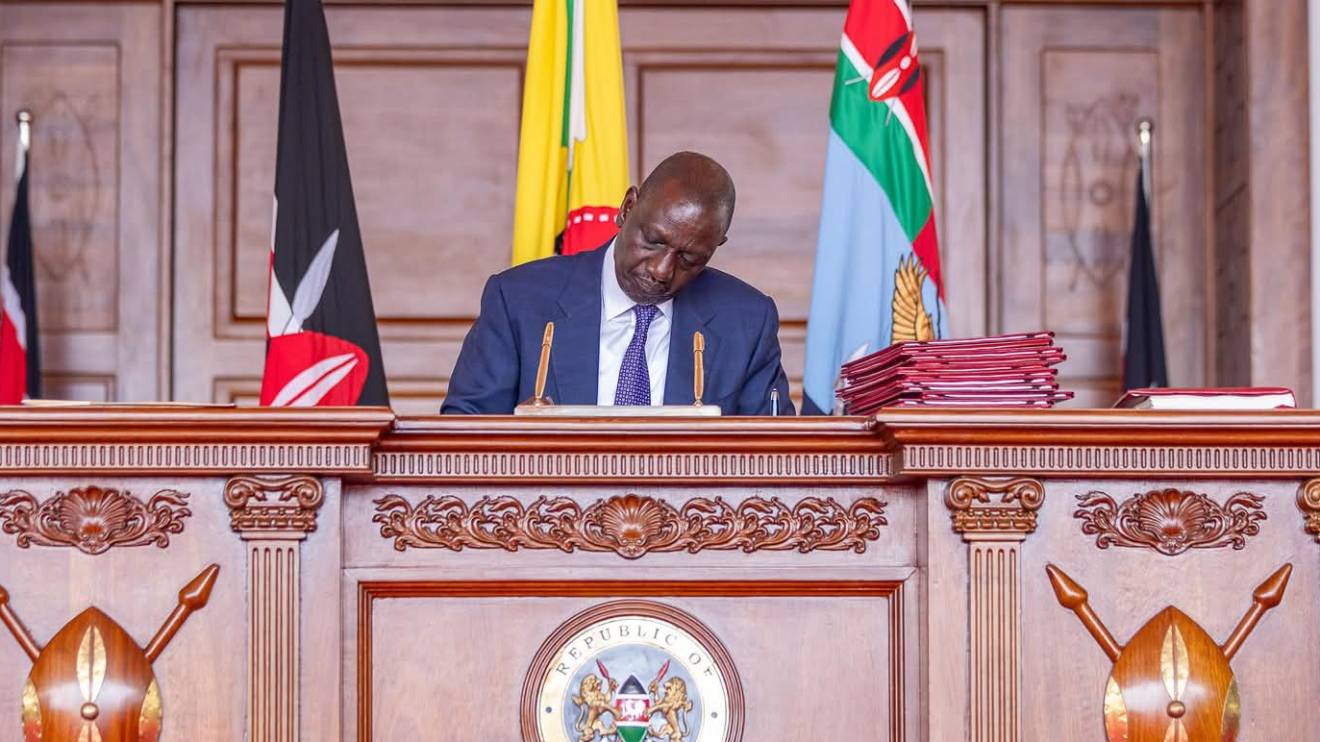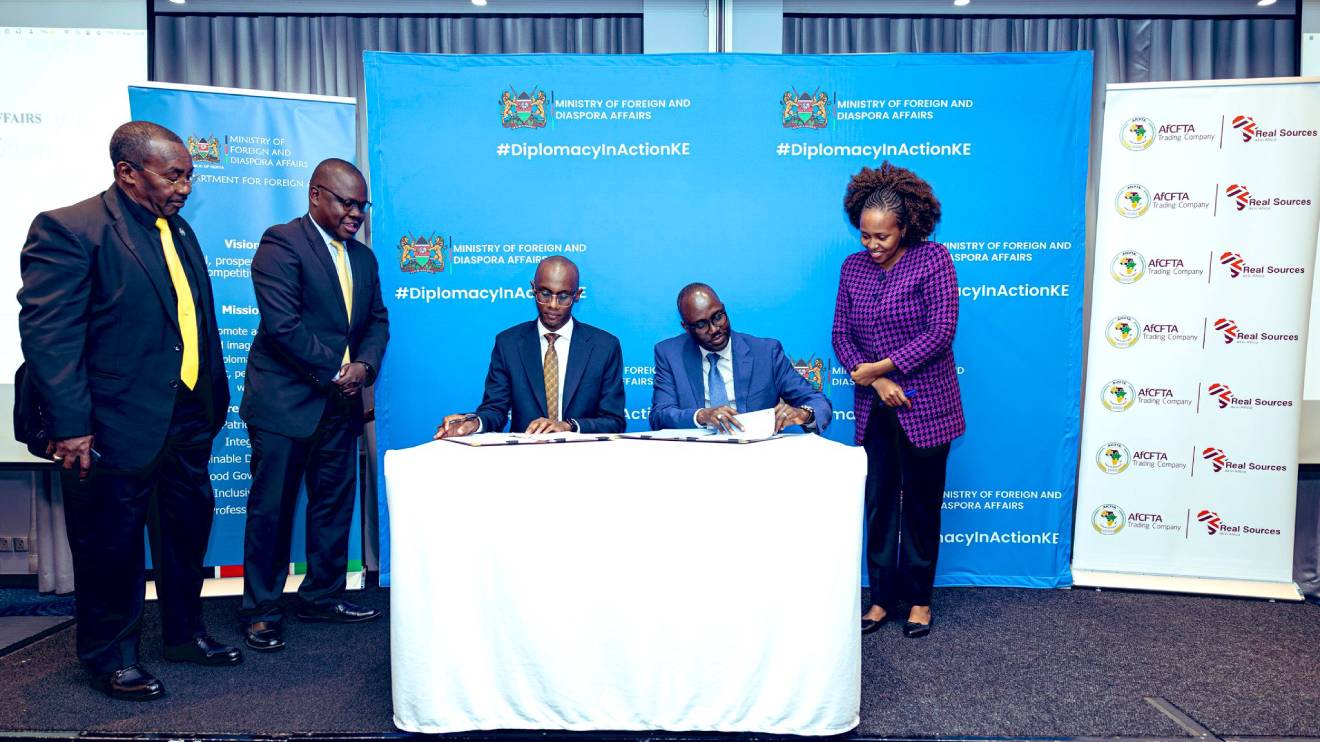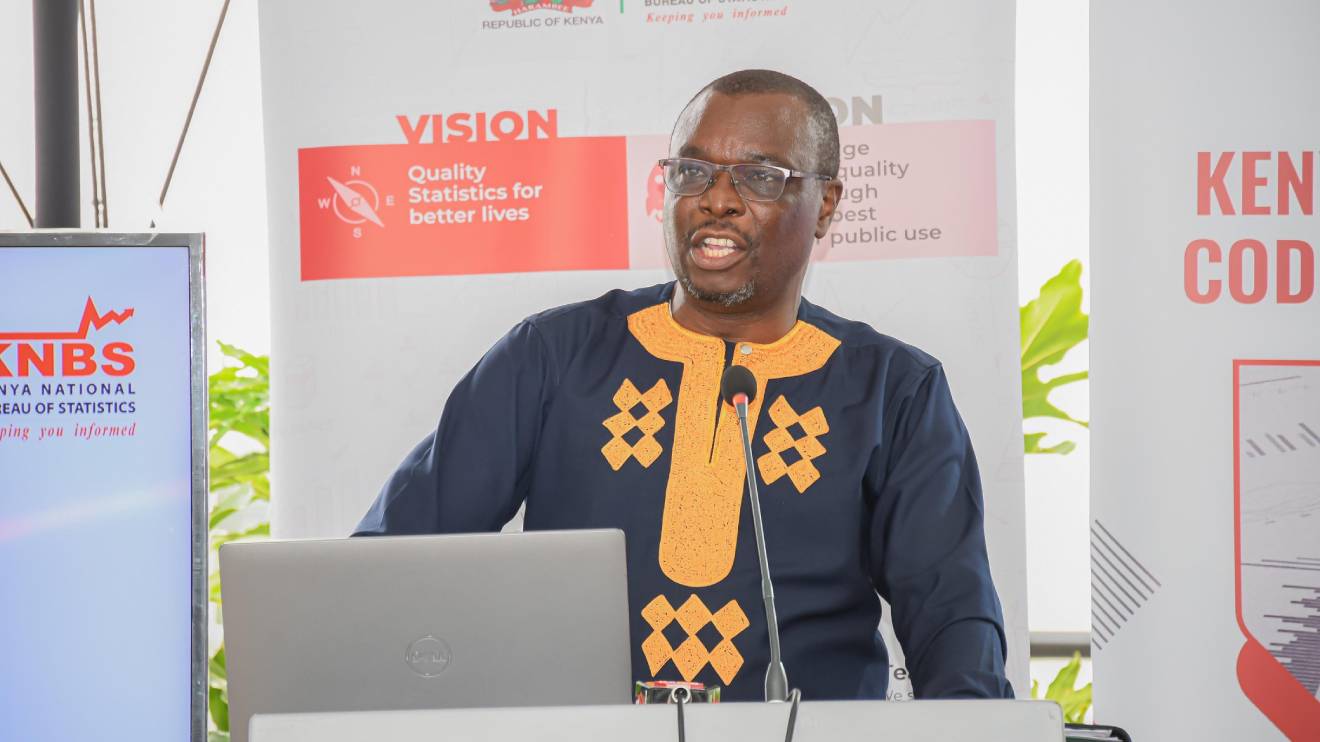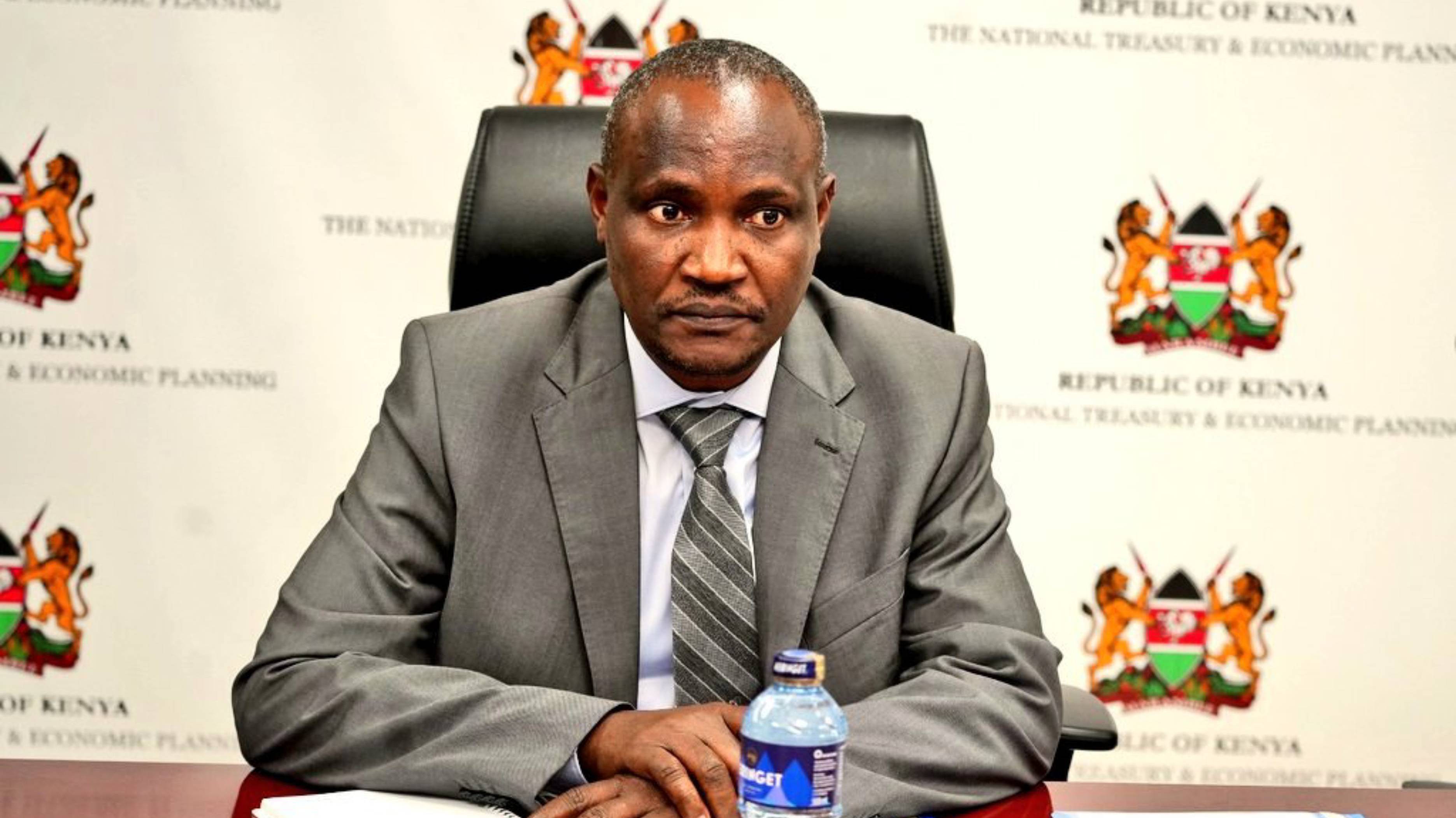In a historic move, Kenya Power has announced its decision to delegate the power distribution role to private firms in nine slum areas within Nairobi, marking a significant shift in its operational strategy.
This development comes five months after the energy regulator granted approval for such an arrangement, offering the residents of these underserved areas the opportunity to buy electricity from private distributors.
The affected slum areas, including Mukuru, Mathare, Kibera, Kibagare, Deep Sea, Mji wa Huruma, Githogoro, Kiambiu, and Kamukunji, are home to a combined customer base exceeding half a million households and small businesses.
These customers, currently part of Kenya Power's overall customer base of approximately 9 million, will now have access to electricity through this innovative model.
Under this arrangement, private power distribution firms will procure electricity from Kenya Power at discounted tariffs, subsequently reselling it to consumers within the designated areas.
Read More
These private entities will be responsible for installing their own meters and sub-meters at customer premises and charging a profit for the supplied power.
Kenya Power's shift towards this model signifies its first-ever departure from retail customers, enabling a strategic focus on commercial customers.
This move is in line with the utility's vision to provide excellent services and differentiate its offerings.
"In pursuit of its vision to deliver excellent services to all sectors of the economy and to differentiate its offerings, Kenya Power is exploring innovative retailing models for electricity within designated high-density settlement areas that have hitherto not been adequately served," stated the utility in an Expression of Interest (EoI) notice.
This transformative approach is expected to enhance the power supply in densely populated urban areas that have long suffered from underservice while improving the overall safety of the electricity supply.
Furthermore, this shift is crucial in addressing electricity theft, a problem that has cost Kenya Power billions of shillings annually.
Despite numerous crackdowns, theft remains rampant in these slum areas.
"The intended model will primarily operate within regulated tariffs, prescribed network standards, and within the provisions of the Energy Act, 2019. The model will see the introduction of electricity retail entities/agencies within the identified settlement areas. The expected benefits, among others, [are] improved service delivery and public safety within the selected areas," Kenya Power emphasized.
Prospective power distributors are encouraged to specify their preferred compensation mode, either by purchasing electricity in bulk and reselling it at a profit or receiving commissions on energy sales.
They are also required to demonstrate relevant experience in designing, implementing, and maintaining medium and low-voltage power distribution networks.
The targeted areas within the slums include Mukuru kwa Njenga, Mukuru kwa Reuben, Sinai, Lunga Lunga, Shimo la Tewa, Masai, Fuata Nyayo, Moto Moto, Wape Wape, Vietnam, Riara, Crescent, Sisal, Zone 48, Kingstone, and Jamaica in Mukuru. In Kibera, the areas include Gatwekera, Soweto, Lindi, Laini Saba, Makina, Silanga, Raila, Kianda, Kisumu Ndogo, Kambi Muru, and Mashimoni. Meanwhile, in Kamukunji, it includes Kamukunji Jua Kali, Muthurwa Market, and Biafra. In Mathare, some of the areas to be served by the private distributors are Ngomongo, Mathare 4B, Korogocho, Gitathuru, Kosovo, and Gitari Marigu.
Interested developers have until October 18, 2023, to express their interest in participating in this transformative initiative.
Kenya Power, which currently owns and maintains electricity distribution infrastructure in these areas, has not clarified whether it will lease this infrastructure to private developers or operate in parallel with them.
In locations where Kenya Power has not yet established distribution networks, private developers will be responsible for erecting their own lines, transformers, and poles, involving a substantial investment.

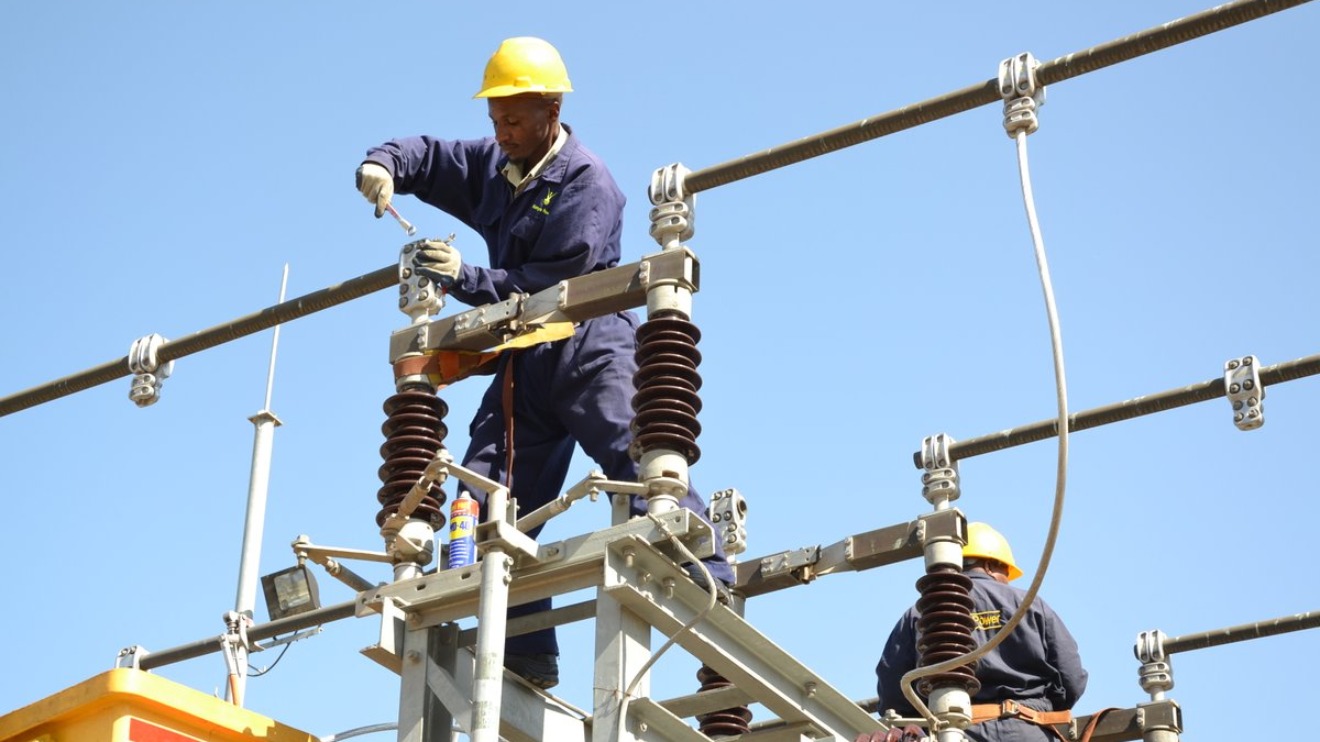

-1756319289.jpg)
